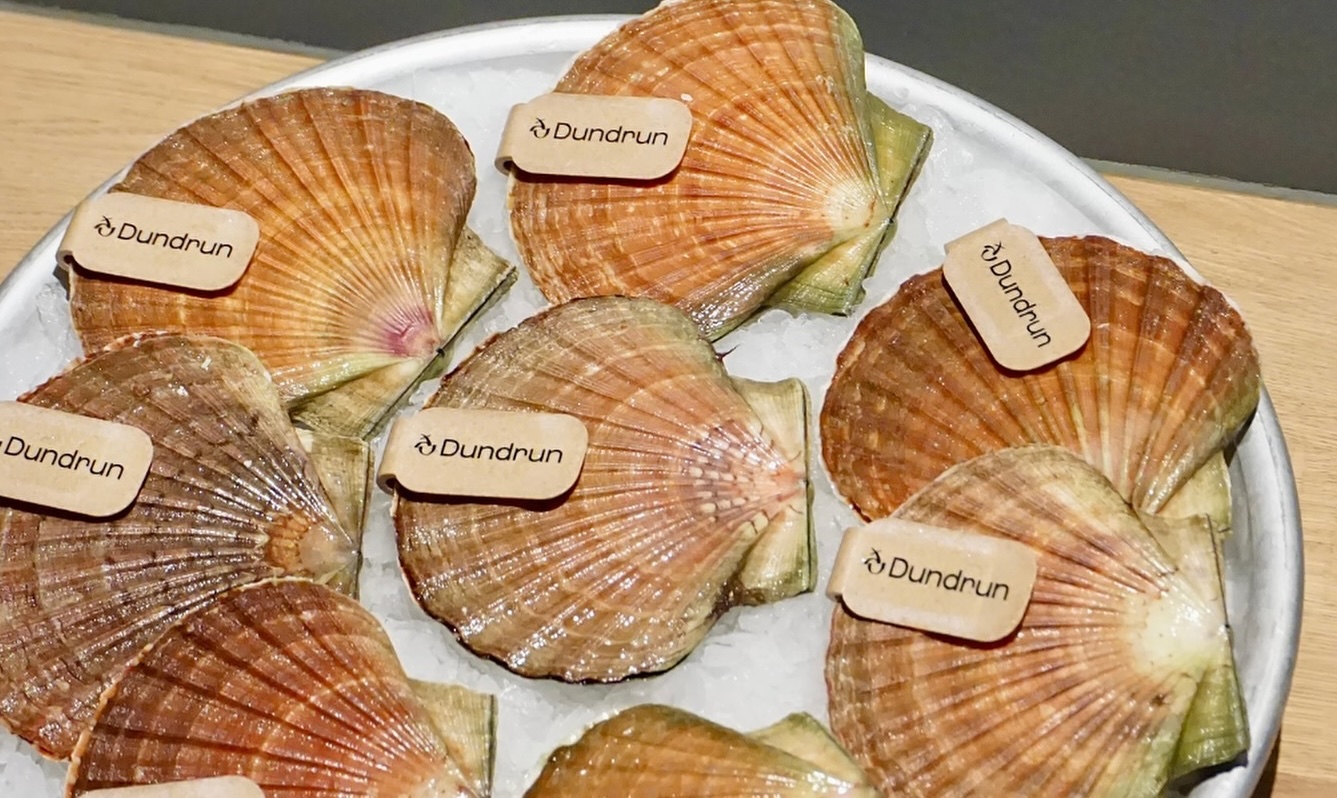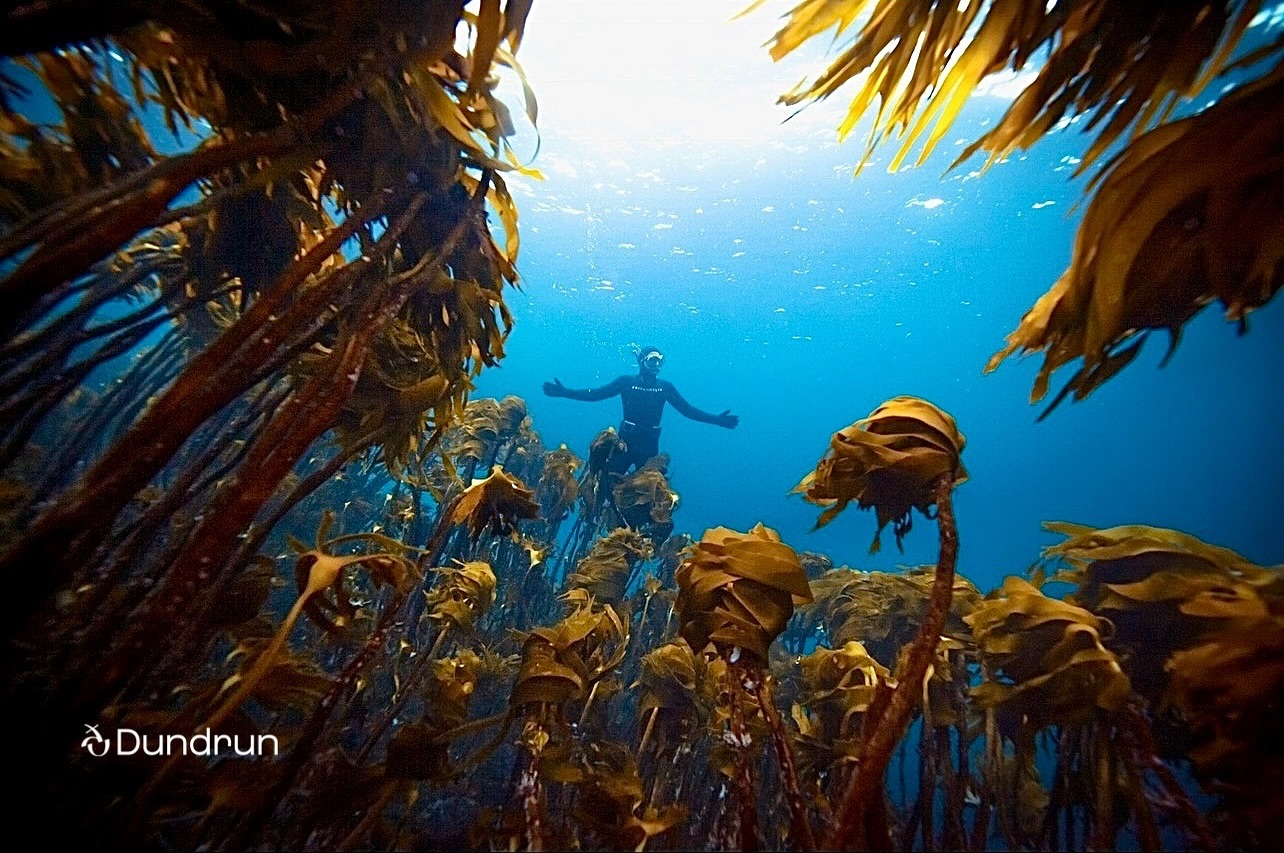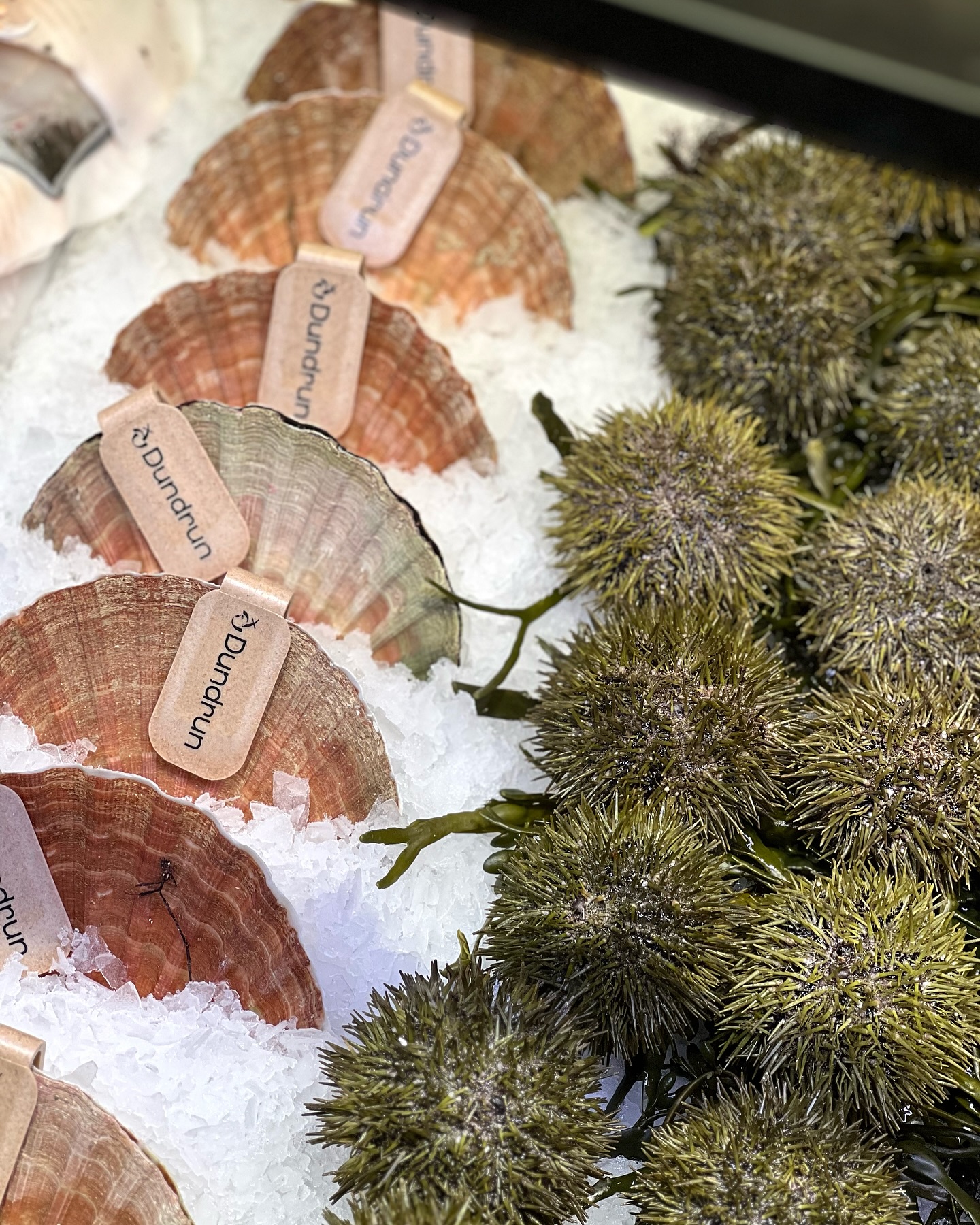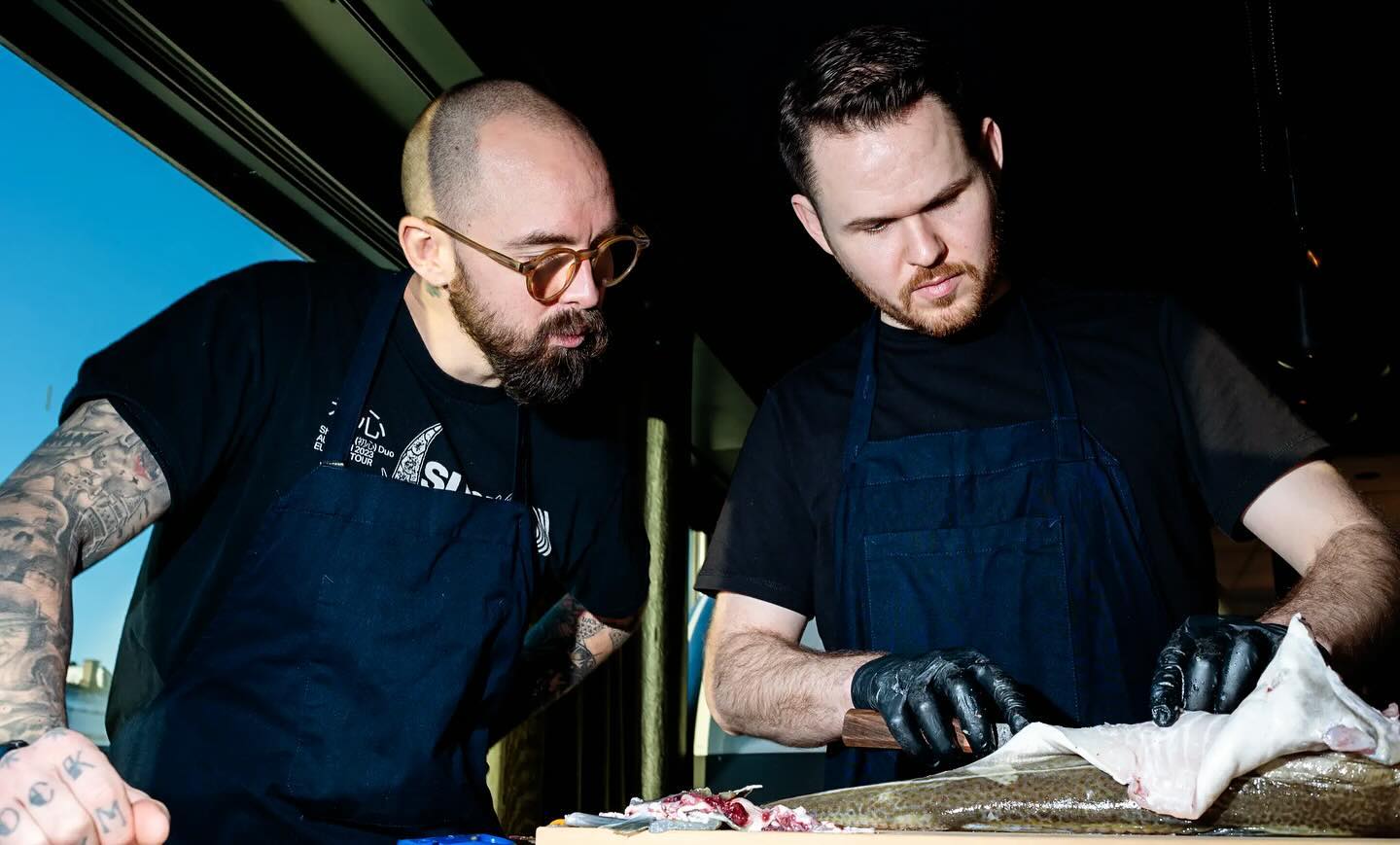From ocean to table, without plastic attached: Dundrun switches to sustainable Sulapac seafood tags
Norwegian premium seafood company Dundrun is making waves in sustainability by replacing conventional plastic tags with sustainable Sulapac® seafood tags made of Sulapac’s wood-based, biodegradable material. This marks an important step towards cutting plastic waste in the seafood supply chain.

Founded by Johan Sigmundstad and Roderick Sloan in 2023, Dundrun offers high-quality, sustainably sourced seafood. Committed to ethical fishing practices, the company focuses on preserving the marine ecosystem and collaborating with the communities that depend on it.
“We work closely with local fishermen to ensure that fish and other seafood species are responsibly harvested,” says co-founder Roderick Sloan.
For Dundrun, sustainability is more than just a buzzword—it’s a deep commitment to climate action and ethical business practices.
“Sustainability isn’t just a part of what we do—we try to weave it into every aspect of our business. Do we always get it right? No. But do we wake up every day committed to trying again? Absolutely,” he continues.

Why scallop tagging matters
Freshness and quality are crucial in the seafood industry. Delicate shellfish like scallops, in particular, require careful handling. When transported over long distances out of water, scallops begin to open slowly, causing them to dry out and eventually die.
For decades, scallops were transported in wooden crates nailed shut, but this method was both impractical and unhygienic. When newer, lighter packaging materials failed to prevent the scallops from opening, the Norwegian government introduced a standardized plastic tag system in the early 2000s for marking each scallop.
But Dundrun wasn’t satisfied with the plastic solution.
“To understand the environmental impact of using polypropylene seafood tags, just consider this: Norway catches around 300 tons of scallops annually. This equals roughly 1.2 million plastic tags each year. We really didn’t want to add more plastic to our products,” Roderick says.
The company explored other alternatives, initially resorting to elastic bands as a stopgap measure. However, this led to slower packing times, which risked compromising the product’s freshness.
The decision was then made to switch to tags as soon as a recyclable and biodegradable option could be found. After much research, the company finally stumbled across a solution that met these requirements.

Sulapac’s bio-based material—the best in performance and aesthetics
Dundrun dedicated significant time to researching plastic alternative materials. Together with their experienced manufacturing partner, Scotland-based Glendale Mouldings, they experimented with a selection of materials.
At first, Sulapac didn’t seem like the most obvious choice, having never collaborated with the fishing industry before. However, innovation often comes from the unexpected. Sulapac’s bio-based, biodegradable wood-composite material outperformed other alternatives in trials—both functionally and aesthetically.
Sulapac Universal Flex 30 is made from sustainably sourced wood chips and plant-based binders that biodegrade without leaving a trace of harmful microplastics behind. It’s industrially compostable certified.
Before incorporating the material into their production process, Glendale Mouldings needed to ensure that it didn’t require equipment changes.
Ian Christie, Operations Director at Glendale Mouldings explains: “It was crucial for us that the material could be processed using the same equipment as our existing scallop and gill tags. Other requirements included food contact compliance, flexing properties, and cold temperature strength — essential factors for scallop packaging. Sulapac’s material successfully delivered on all of these.”

Reducing plastic waste with Sulapac
Since implementing Sulapac tags, Dundrun has received enthusiastic feedback from its customers in the food service and restaurant industry. While the initial focus is on scallops, the company plans to expand the Sulapac tags to other seafood products as well, though they like to “leave some surprises down the line”.
“During this trial period, the tags have featured only our company name, but future tags could include QR codes providing additional details about the fishery,” Roderick says.
“If the entire fishing industry switched to eco-friendly Sulapac tags, it would mean a huge reduction in plastic waste, helping to protect our environment.”
Inspired by Roderick and Ian’s pioneering approach? We’re always eager to connect with like-minded partners who share our vision for sustainability. Contact our experts to find out more about our materials and get ready to replace your conventional plastic with a planet-friendly alternative.